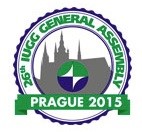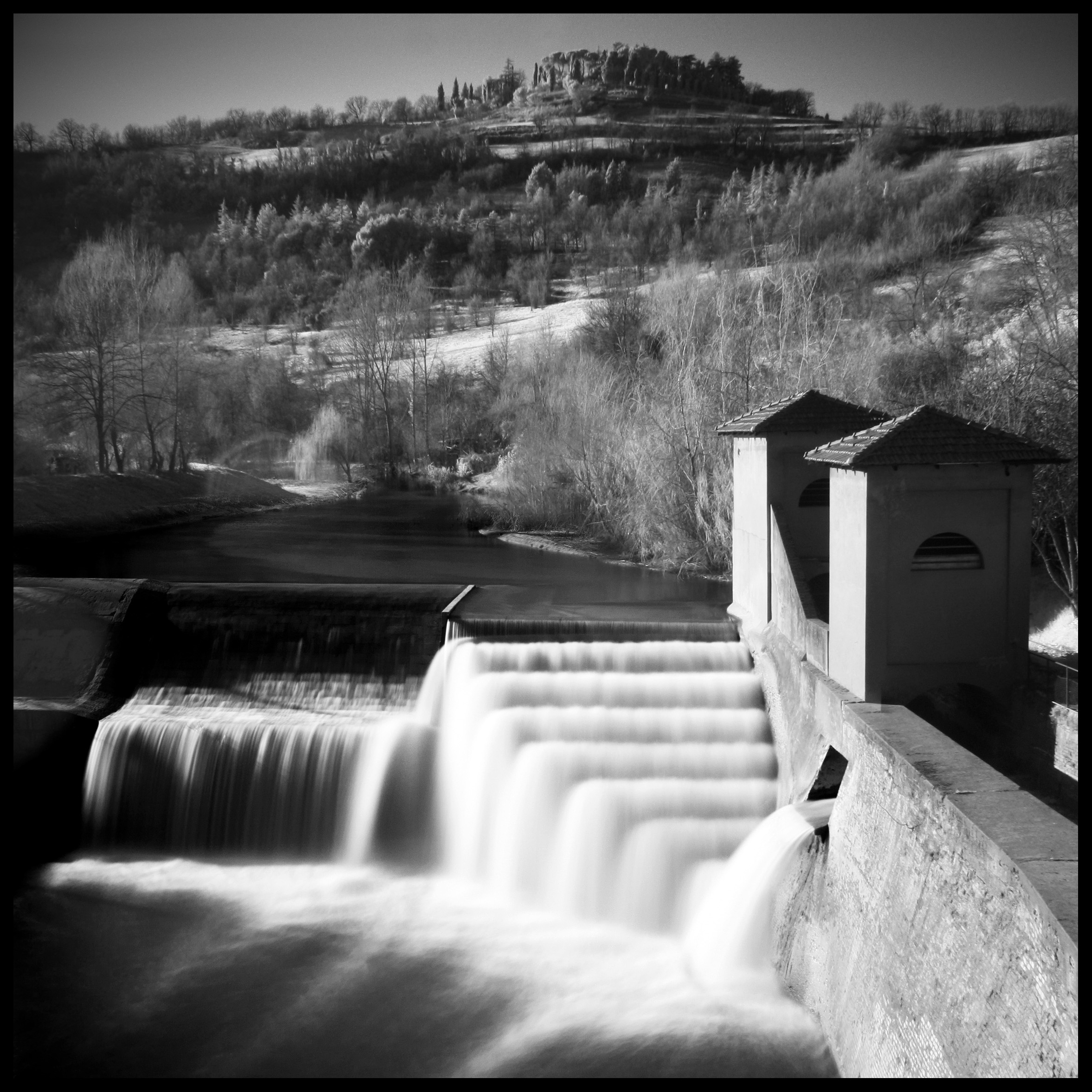IAHS News
IAHS scientific programme at IUGG2015 in Prague June 2015
| 2015 IAHS Assembly at IUGG2015 to be held in Prague, Czech Republic from 22 June to 2 July 2015. IAHS events will take place during the first week of the proceedings. |  |
View More...
Free access to articles in HSJ
Hydrological Sciences Journal
Access to the featured articles selected by the HSJ editors is FREE
Recent ones address: risks and uncertainties in reservoir yield, flood frequency analysis, and ecohydrology
Click here to view current and previous featured articles
HSJ also identifies the articles most cited in the last three years - an excellent set of papers and all with free access
Evolving Water Resources Systems: IAHS Publ 364, now available
EVOLVING WATER RESOURCES SYSTEMS: UNDERSTANDING, PREDICTING AND MANAGING WATER–SOCIETY INTERACTIONSProceedings of the recent ICWRS2014 meeting held in Available both online open access as PIAHS vol. 364, and to purchase as a Red Book, vol. 364 |
|
Fifth STAHY International Workshop
 |
The ICSH-IAHS Commission is pleased to announce the fifth STAHY international workshop, to be held in Abu Dhabi, United Arab Emirates,10-11 November 2014.
Evolving Water Resources Systems: Understanding, Predicting and Managing Water-Society Interactions
Evolving Water Resources Systems: Understanding, Predicting and Managing Water–Society Interactions
Editors: Attilio Castellarin, Serena Ceola, Elena Toth & Alberto Montanari
IAHS Publ.364 (2014) ISBN 978-1-907161-42-1, 548 + xii pp.
Proceedings of ICWRS2014, Bologna, Italy, June 2014
National Hydrological Associations - a new network to advance science, practice and capacity
Over the years, hydrologists in many countries have joined together to form National Hydrological Associations (NHAs). On many occasions the International Association of Hydrological Sciences (IAHS) has collaborated with many of these and, by the start of the twenty-first century, it had come to realize that much could be gained if these NHAs were to be in contact with each other as well as with IAHS and from this arose the idea of establishing a Network of NHAs.
The new IUGG Union Working Group on History
The IUGG Union Working Group on History (WGH) was established in November 2012. Its purpose is to raise the historical consciousness of IUGG Association members and to help preserve IUGG scientific and institutional history.
Questionnaire on the role of social sciences and humanities (SSH) in Hydrology
Dear IAHS members
Interdisciplinarity in research teams and projects is becoming a more frequent occurrence, with increasingly recognized importance. Some of the challenges in international sustainability research are assumed to be only solvable through joint efforts between several disciplines. Hydrology (and its sub-disciplines) is also involved in such interdisciplinary work, particularly with social scientists. You may have heard of concepts such as Socio-Hydrology or the Panta Rhei initiative, which aim at integrating knowledge from social sciences and hydrology.
Whether you work(ed) in interdisciplinary teams or not, we would like to know what you expect from the cooperation between the social sciences and the humanities (SSH) and hydrological sciences. We prepared a short questionnaire (four blocks of questions and some basic demographics) and would be very thankful to receive your answers. It should not take more than 10 minutes.
Click the following link to start the questionnaire in your browser (Alternatively you may copy/paste the address into your browser): https://www.surveymonkey.com/s/73WVFHK
Please answer before June 30, 2014. If you have any questions, please feel free to contact us.
Many thanks in advance and with best regards
Roman Seidl (ETH Zurich)
Roland Barthel (University of Gothenburg)
Michael Stauffacher (ETH Zurich)
Hydrological Sciences Journal link
As part of your membership of IAHS you have been given a link providing you with access to the Hydrological Sciences Journal at Taylor & Francis (by logging into the IAHS web site membership area using your email address and the password you set up when you joined as an IAHS member)
However, you may have recently encountered problems with access to the journal link due to technical updates at Taylor & Francis.
These problems are now fixed and you will now be able to access the journal via the web site as before.
GEORISK2014, Improving Geophysical Risk Assessment, Forecasting and Management
 |
IUGG COMMISSION ON GEOPHYSICAL RISK AND SUSTAINABILITY 2014, IUGG CONFERENCE ON GEOPHYSICAL RISK |
November 18-21, 2014, Madrid, Spain
Scientific program
- Session 1: Global Risks assessment for natural hazards: methods and practices
- Session 2: Modelling and assessment of geophysical hazards
- Session 3: Monitoring and early warning systems for geophysical hazards
- Session 4: Quantitative forecasting of geophysical hazards
- Session 5: Vulnerability assessment methodologies
- Session 6: Decision-making models
- Session 7: Communication protocols and practices
Abstract submission
Submit abstract(s) specifying the scheduled session(s) to which it (they) should be
included, to: [email protected]
Abstracts without registration will not be accepted.
Deadlines
Deadline for Abstract Submission September 15, 2014
Acceptance of Abstract September 30, 2014
Early Bird Registration September 15, 2014
Final Program October 15, 2014
Contacts
Prof. Joan Marti, [email protected] or [email protected]
Dr. Alicia Felpeto, [email protected]
Conference web site

